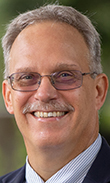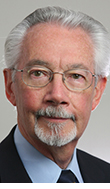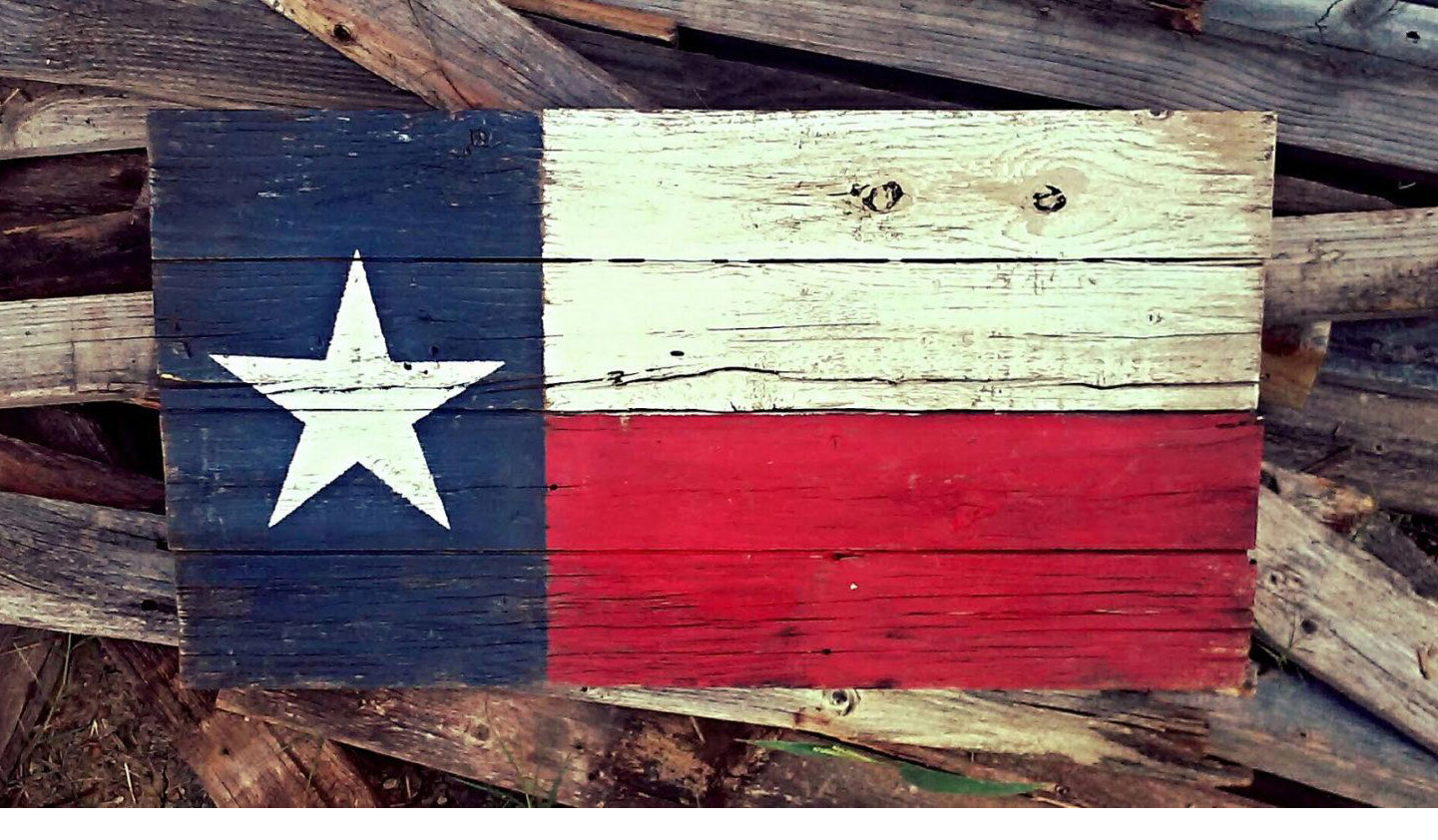Speakers to discuss preserving Texas’ historic places at annual CHC symposium

Kevin Glowacki

David Woodcock
Leading historians and preservationists speaking at the Feb. 15-16, 2019 Texas A&M [Center for Heritage Conservation Symposium] (https://chc.arch.tamu.edu/Annual%20Symposium/index.html) will discuss the challenges of preserving historic sites across Texas — including a recently discovered, unmarked Sugar Land cemetery that holds the remains of 95 African-American prison inmates and is the subject of a [contentious debate] (https://www.houstonchronicle.com/opinion/editorials/article/Mass-graves-in-Sugar-Land-unearth-horrifying-13124798.php) .
Registration details are available [online] (https://secure.touchnet.com/C21490_ustores/web/classic/store_main.jsp?STOREID=20) .
“This year’s presenters from academia, practice, public agencies and nonprofit organizations, as well as community leaders, will explore how major challenges to historic preservation in Texas can be met with collaboration and creative thinking,” said Kevin Glowacki, director of the CHC. “Since this is the 20th anniversary of our annual symposium, we also wanted to help students and young professionals explore what heritage conservation and historic preservation might look like in the next 20 years.”
The symposium, “ [Preservation in Texas: Contemporary and Future Challenges] (https://chc.arch.tamu.edu/Annual%20Symposium/index.html) ,” begins with a 6 p.m. keynote by David Woodcock, Texas A&M professor emeritus of architecture, in Geren Auditorium, building B of the university’s Langford Architecture Center, and continues that night with a 7 p.m. reception in the Janice L. and Harold L. Adams Presentation Space, Langford A212.
In his presentation,
“Creative Conservation,”
Woodcock will discuss heritage conservation as a cross-disciplinary endeavor in which a common language between owners, professionals and craftspeople is an essential prerequisite to a successful outcome.

The symposium’s Saturday schedule will include “Preservation, Memory, and the Challenge of Social Justice: The Unsweet Story of Sugar Land,” with panelists Sam Collins and Reginald Moore of the [Convict Labor Leasing Project] (https://theconvictleasingandlaborproject.com/) .
The discovery of the previously unknown and unmarked burial ground, which holds the remains of African-Americans who worked and died on Sugar Land’s sugar cane plantations as part of the [convict-leasing system] (https://www.youtube.com/watch?v=1fjxrg-xEYE&feature=youtu.be) used in the area from the late 19th century to the early 20th century.
The find added fuel to an ongoing controversy of the treatment of the human remains, and highlights many important issues regarding post-Civil War Texas history and the meaning of the terms "historic preservation" and "heritage conservation."
Collins, Moore and project members seek to [partner] (https://www.texasmonthly.com/news/activist-discusses-discovery-of-sugar-land-cemetery-for-convict-laborers/) with the city of Sugar Land and the Fort Bend Independent School District, which owns the property where the unmarked prisoners’ graves were discovered in 2018, to properly memorialize the site.
Additional symposium panel sessions include:

“Challenges of Historic Preservation in the Rural Built Environment,” with panelists Evan Thompson, executive director, [Preservation Texas] (http://www.preservationtexas.org) ; Julie McGilvray, Cultural Resources Program Manager, [Guadalupe Mountains National Park] (https://www.nps.gov/gumo/index.htm) , and Perky Beisel, associate professor of public history, Stephen F. Austin State University.
Using specific case studies, the panelists will share insights and approaches to common challenges and discuss ways of engaging more widely in interdisciplinary projects. Panelists hope to chart a new, creative, and comprehensive approach to historic preservation in rural Texas.

“Challenges of Historic Preservation in Coastal Communities,” with panelists Dwayne Jones, executive director, [Galveston Historical Foundation] (http://www.galvestonhistory.org/) , and Catherine Gorman, assistant director/historic preservation officer, city of Galveston.
Panelists will discuss contemporary and future challenges from the perspectives of two key groups involved in coastal preservation research and practice: nonprofit organizations and city planning offices. Representatives of each group describe how they approach these challenges and the interdisciplinary projects that make coastal heritage assets both durable and accessible.

“Preservation in an Urban Context: Challenges and Opportunities,” with panelists Kate Singleton, executive director, [Preservation Austin] (https://www.preservationaustin.org/) , David Bush, executive director, [Preservation Houston] (http://www.preservationhouston.org/) , and David Preziosi, executive director, [Preservation Dallas] (https://www.preservationdallas.org/) .
Using the examples of Austin, Dallas, and Houston, panelists will share case studies that highlight aspects of preservation policy, economics, design, advocacy, and community engagement. The session will call attention to the similarities and differences in preservation policy between the three cities and their interactions with statewide and national agencies as well as with local stakeholders.

“Historic Preservation Practice: Evolution and Trends,” with panelists Doris Eichburg, principal, [Building Diagnostics, Inc.] (https://buildingdx.com/) ; Stanley Graves, senior principal, Architexas, and Nancy McCoy, principal, [McCoy Collaborative] (https://mccoycollaborative.com/) .
Using case studies and specific real-world examples from their professional practices in Texas, panelists will highlight design, code, energy, systems, safety, and other issues that impact restoration and adaptive reuse projects.
Richard Nira
rnira@arch.tamu.edu
Previous post
Tags
- arch gallery
- architecture
- archone gallery
- chc gallery
- coa gallery
- events
- feature
- heritage conservation
- history
- interdisciplinary
- lectures
- rss
Related Posts

Heritage symposium to focus on Alamo conservation efforts

CHC symposium to feature heritage of African-Americans

CHC symposium highlights Texas preservation efforts

Archaeologists headlined CHC symposium in March

Acropolis research reveals ancient site’s social history
Follow Us
Facebook Twitter Vimeo Youtube Flickr RSS
Recent Posts

Planning prof heads study of disaster housing aid

A message from the dean

Former student remembered as expert planner

Leading educator named new head of Architecture Dept.





_thumbnail_small.png)
